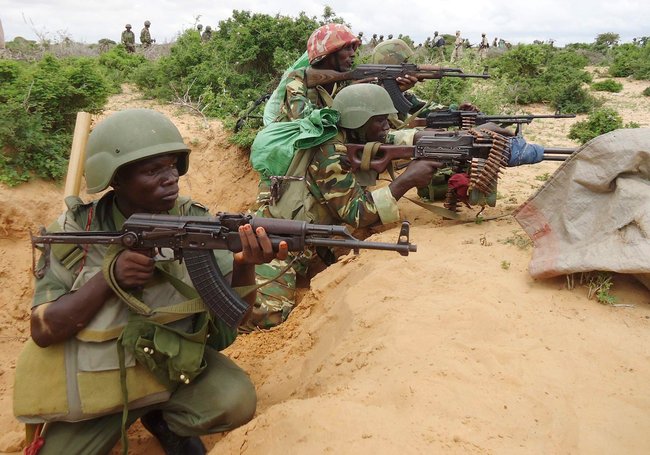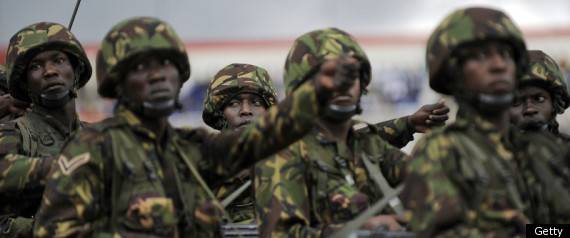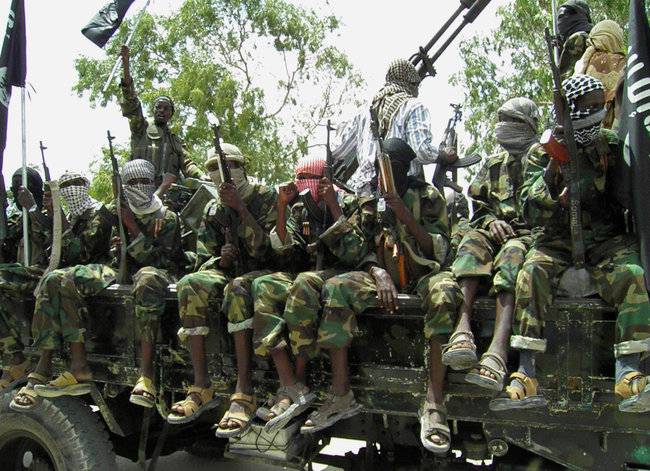- Dec 5, 2010
- 95,282
- 32,320
- 2,290
- Thread starter
- #21
this should not draw much ire across the NGO, UN and western press after we have been launching numerous predator strikes and :Libya
Al Shabab have been makin moves into Kenya, trying to establish a presence there, I support the Kenyans doing what they have to do to prevent that.
hey , me too. let them have at it.
I agree.






